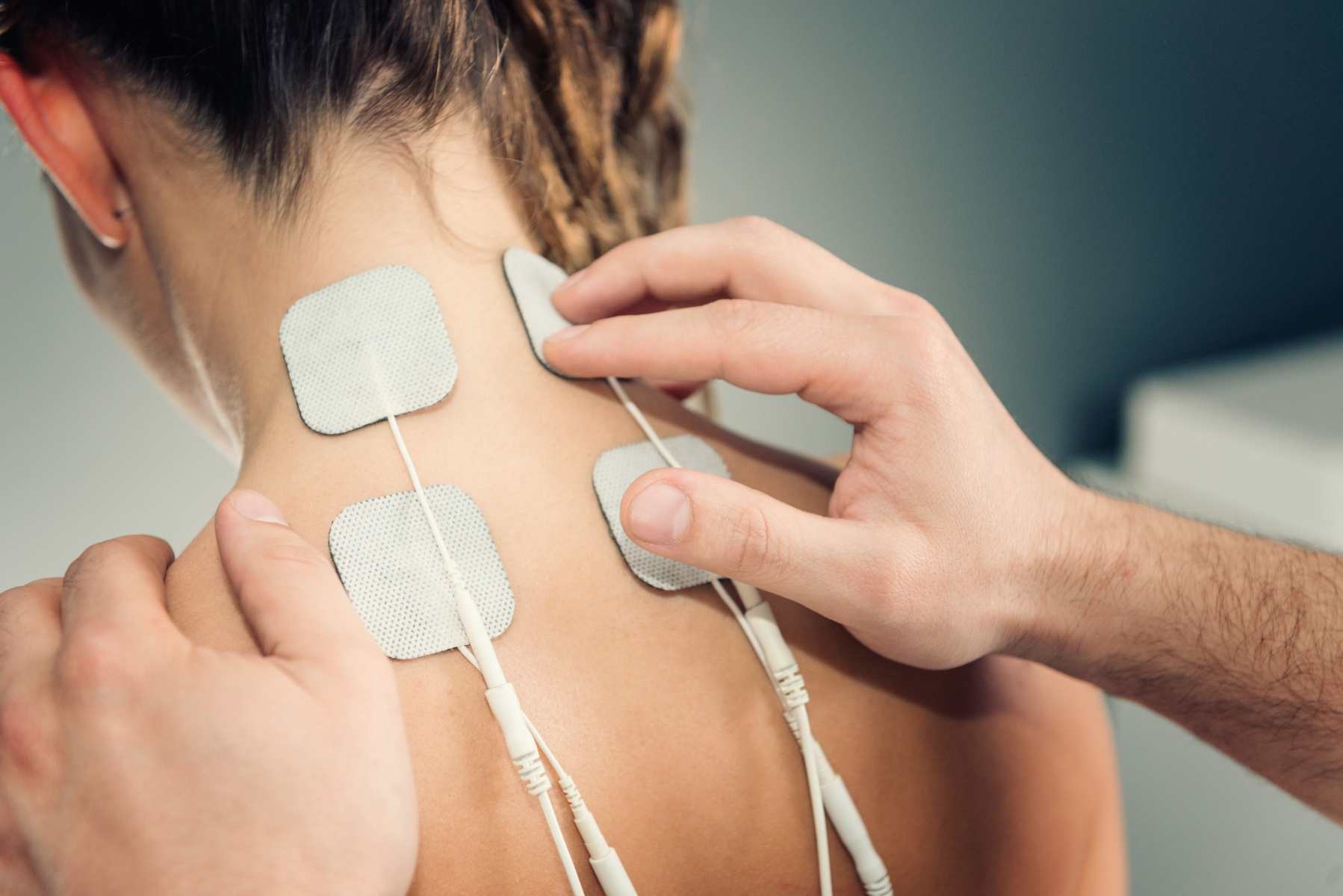Shoulder Injuries
iOrtho is a multispecialty musculoskeletal health care practice providing patients with innovative procedures and state-of-the-art treatments. Gregory Montalbano MD, Faculty of NYU Medical School shares tips to prevent common shoulder injuries this summer. Visit iorthomd.com for the most up-to-date information on innovative orthopedic treatments.
Q: What are some common causes of shoulder injuries during the summer?
A: During the summer months, our practice notices there are several activities and situations that can contribute to shoulder injuries, examples include:
Sports Injuries: Engaging in high-impact sports such as tennis, swimming, baseball, or volleyball without proper warm-up or technique can put strain on the shoulder joint.
Overuse and Repetitive Motion: Summer activities like gardening, swimming, and painting often involve repetitive shoulder movements. Overdoing these activities without rest can lead to overuse injuries.
Falls and Accidents: Slippery surfaces near pools, beaches, or water parks can increase the risk of falls, which may result in shoulder dislocation, fractures, or sprains.
Improper Lifting Techniques: Moving heavy objects or incorrectly lifting suitcases, beach chairs, or coolers can put excessive stress on the shoulder joint, leading to strains or tears.
Q: What are the signs of shoulder bursitis or a rotator cuff tear?
A: Subacromial bursitis and rotator cuff pathology are common shoulder injuries that can cause pain and limited range of motion. A rotator cuff tear can be partial or complete and is typically associated with bursitis as a result of inflammation. Symptoms of bursitis/rotator cuff tear include:
Pain: Persistent pain in the shoulder, especially when lifting or reaching overhead, is a common symptom. The pain may radiate down the arm.
Weakness: Difficulty lifting or rotating the arm, particularly when performing activities that require strength, may indicate a rotator cuff tear.
Limited Range of Motion: Reduced ability to move the arm freely, particularly when raising it or rotating it outward, can be a sign of a tear.
Clicking or Popping Sensation: Some individuals may experience clicking or popping sounds or sensations in the shoulder during movement.
Q: What is a SLAP tear and how can it occur during the summer?
A: A SLAP (Superior Labrum Anterior to Posterior) tear is an injury to the labrum, a ring of fibrous cartilage that surrounds the shoulder socket. It can occur during the summer due to various activities involving repetitive overhead motions or sudden traumas.
Throwing Sports: Engaging in sports such as baseball, softball, golf or tennis, which involve repetitive overhead and shoulder motions, can put stress on the labrum and lead to SLAP tears
Watersports: Activities like wakeboarding, waterskiing, or kayaking that require forceful pulling motions can also strain the shoulder joint and potentially cause a SLAP tear.
Falls or Trauma: Accidents while biking, skateboarding, or participating in other summer recreational activities can result in a direct blow to the shoulder, causing a SLAP tear.
Weightlifting: Improper weightlifting techniques, especially when performing exercises like shoulder presses or upright rows, can lead to SLAP tears if the shoulder joint is subjected to excessive stress.
Q: How can shoulder injuries during the summer be prevented?
A: Taking preventive measures can help reduce the risk of shoulder injuries. Here are some tips:
Warm-up and Stretch: Prior to engaging in any physical activity, warm up your muscles and perform shoulder-specific stretches to improve flexibility and reduce the risk of injury.
Use Proper Technique: Whether you’re playing sports or performing household chores, ensure you use proper form and technique to minimize stress on the shoulder joint.
Take Regular Breaks: Avoid overuse injuries by taking frequent breaks during activities that involve repetitive shoulder movements. This allows your muscles to rest and recover.
Use Proper Gear: When participating in sports or physical activities wear appropriate footwear and properly fitted sports equipment (tennis rackets, golf clubs etc.).
Q: When do I know if I need surgery for shoulder pain?
A: Determining whether you need surgery is a decision that should be made in consultation with a medical professional. However, there are certain indicators that may suggest the need for surgical intervention such as severity of pain, loss of function, structural damage and/or failed non-surgical treatments have occurred. Make an appointment with iOrtho where a physician will be able to provide you with personalized advice and recommendations.
Q: Should I go to the emergency room if I’m experiencing shoulder pain?
A: iOrthoNOW offers specialized emergency walk-in orthopedic care for patients of all ages. Our Staten Island location offers On-Site advanced imaging options including X-Ray, MRI, Fluoroscopy and Ultrasound. Our physicians can diagnose any orthopedic injury – the center is conveniently open Monday through Friday between 8am and 4pm.
Don’t let joint discomfort or limited mobility hold you back. Contact iOrtho to schedule an appointment and take the first step towards a healthier, more active future. We accept most major insurances including GHI-Emblem Health, Empire Blue Cross-Blue Shield, Aetna, Cigna, United Healthcare, 1199, MagnaCare, Medicare, worker compensation and no fault.





